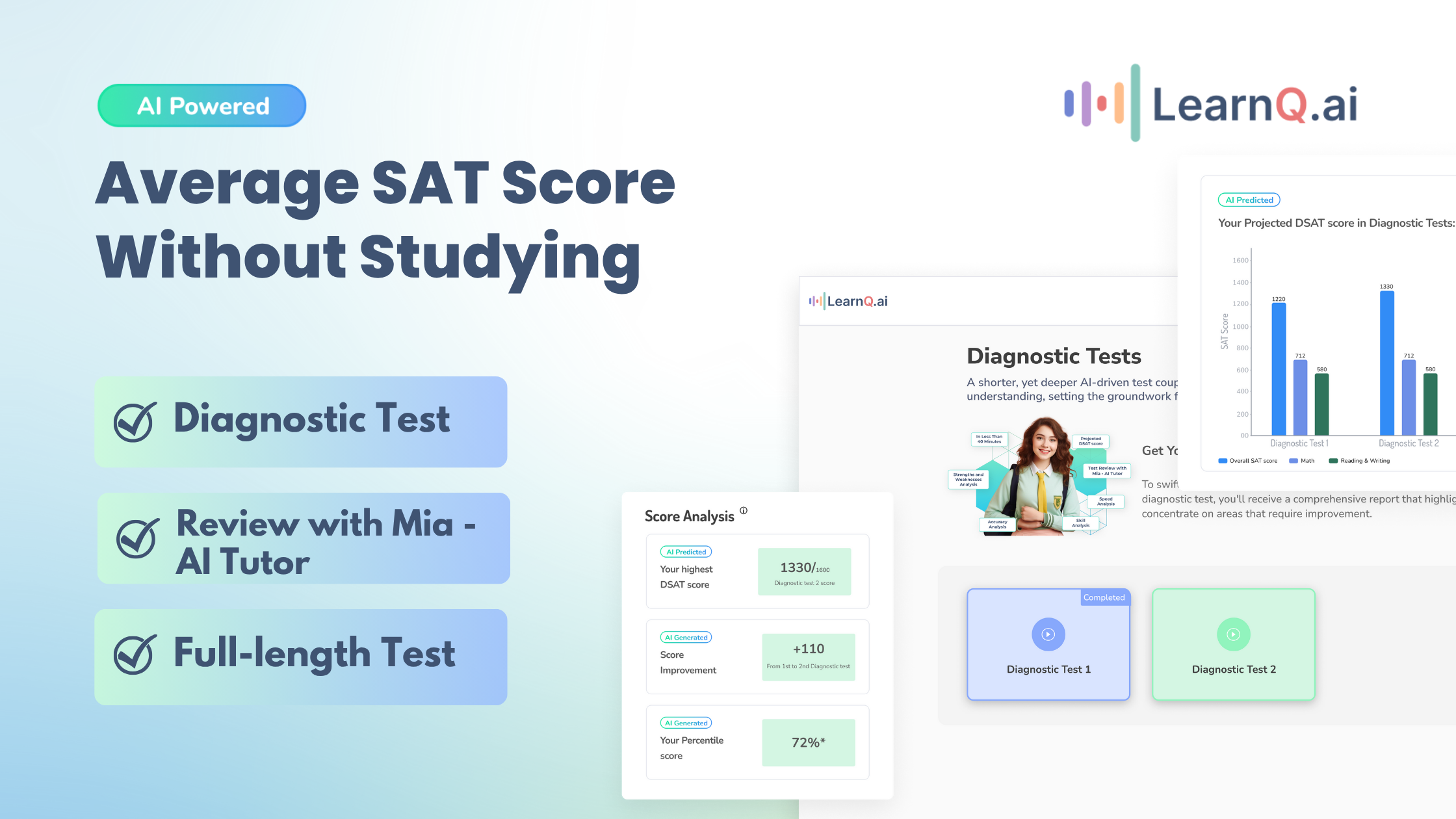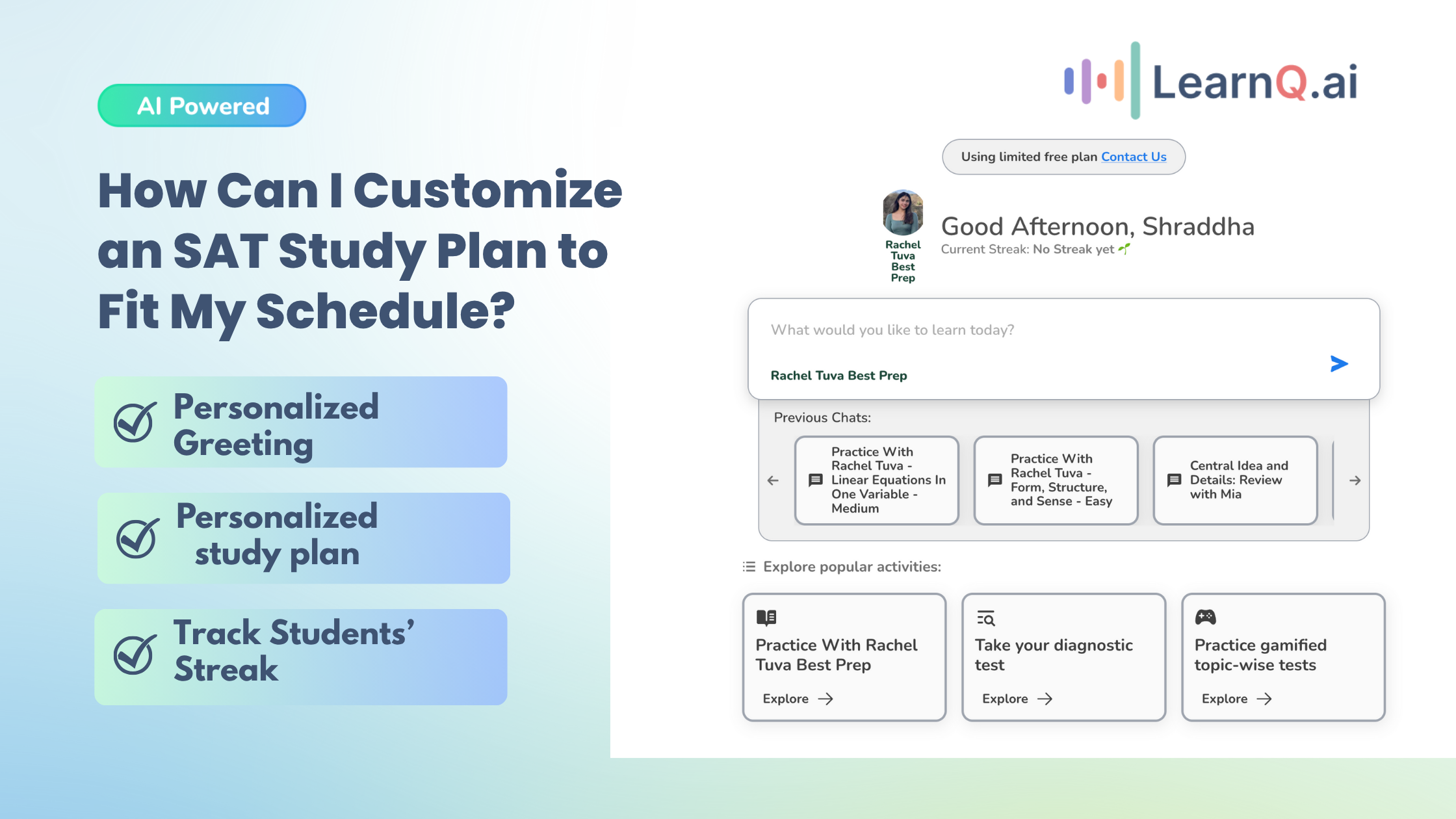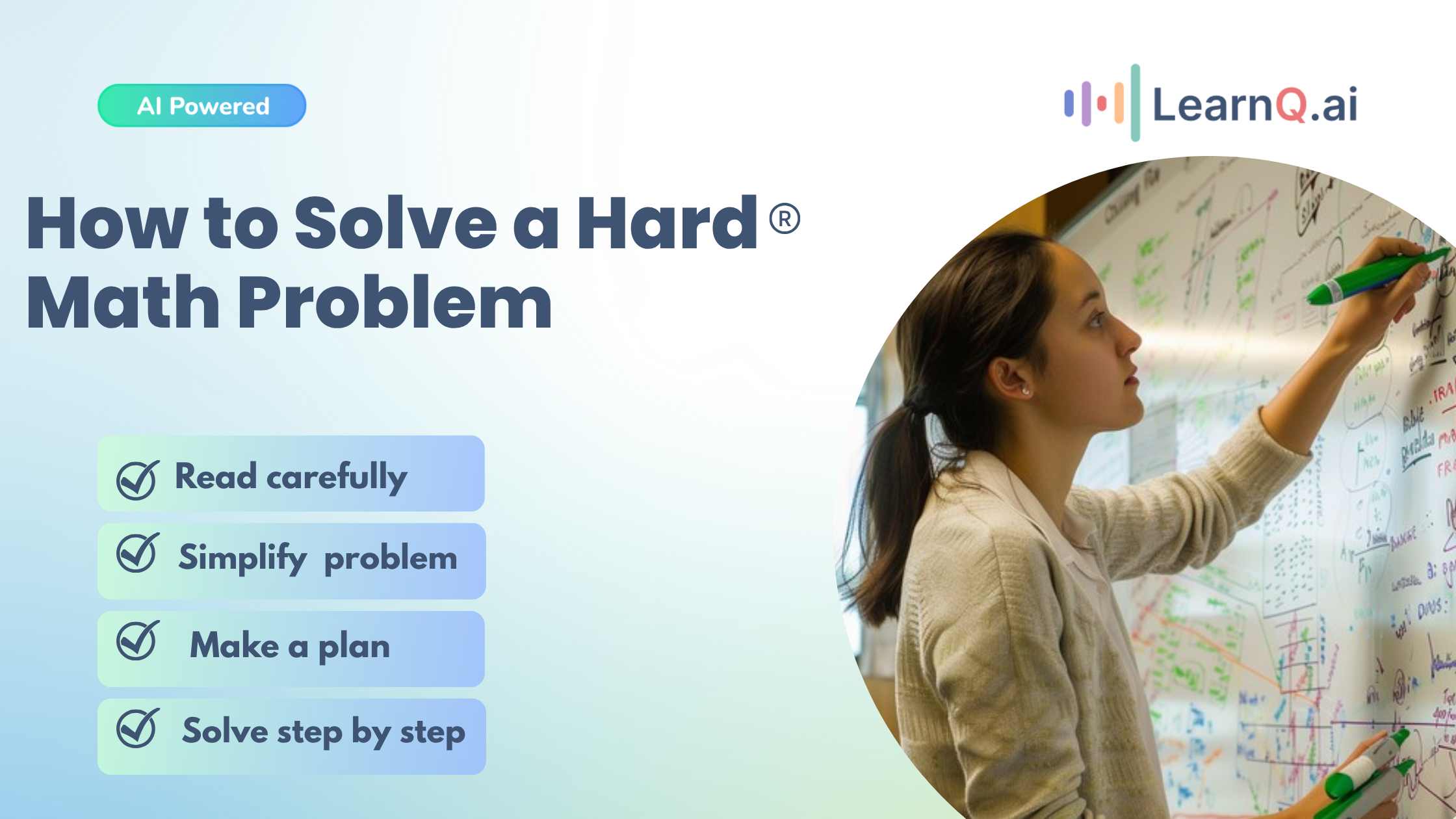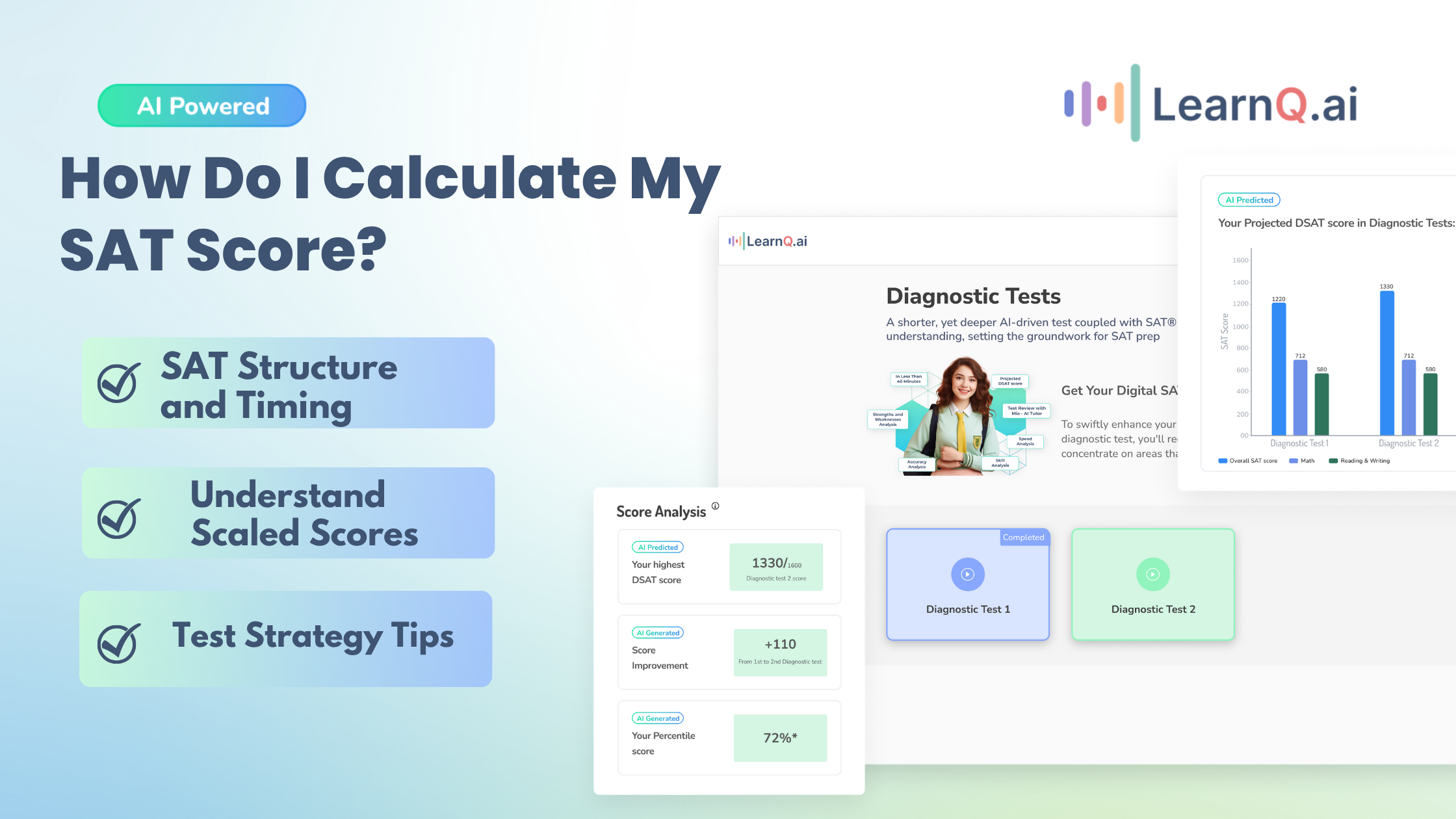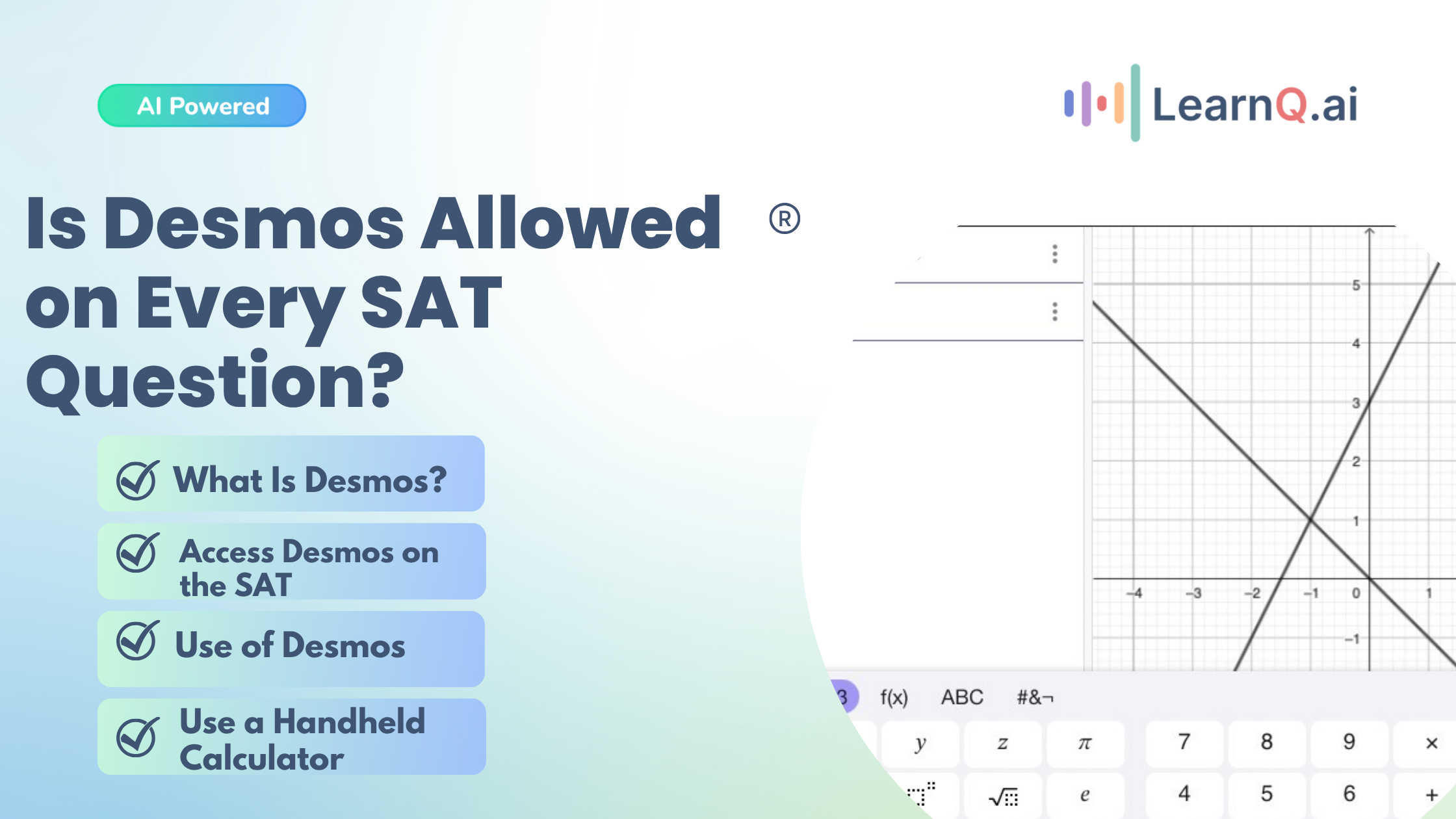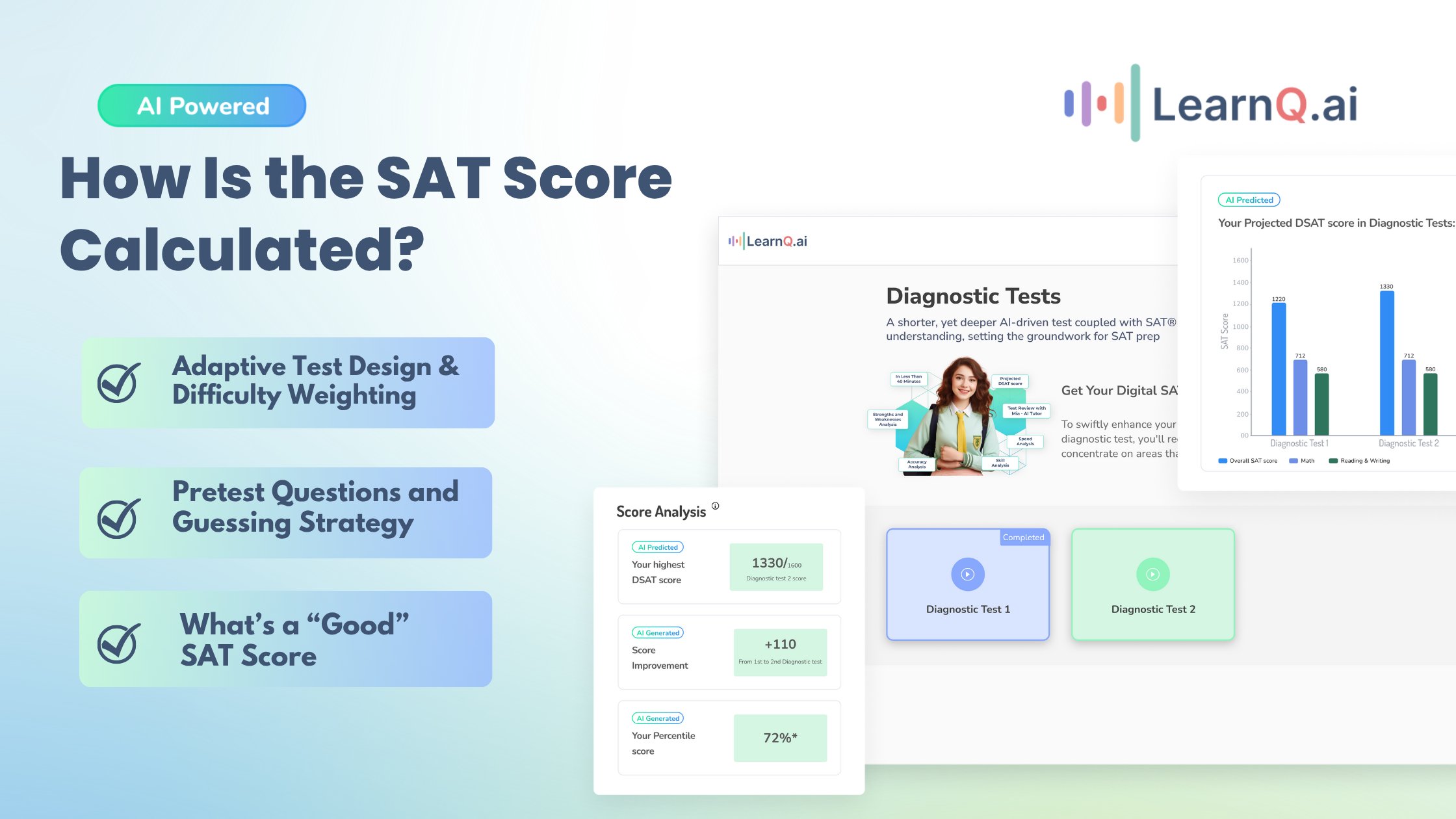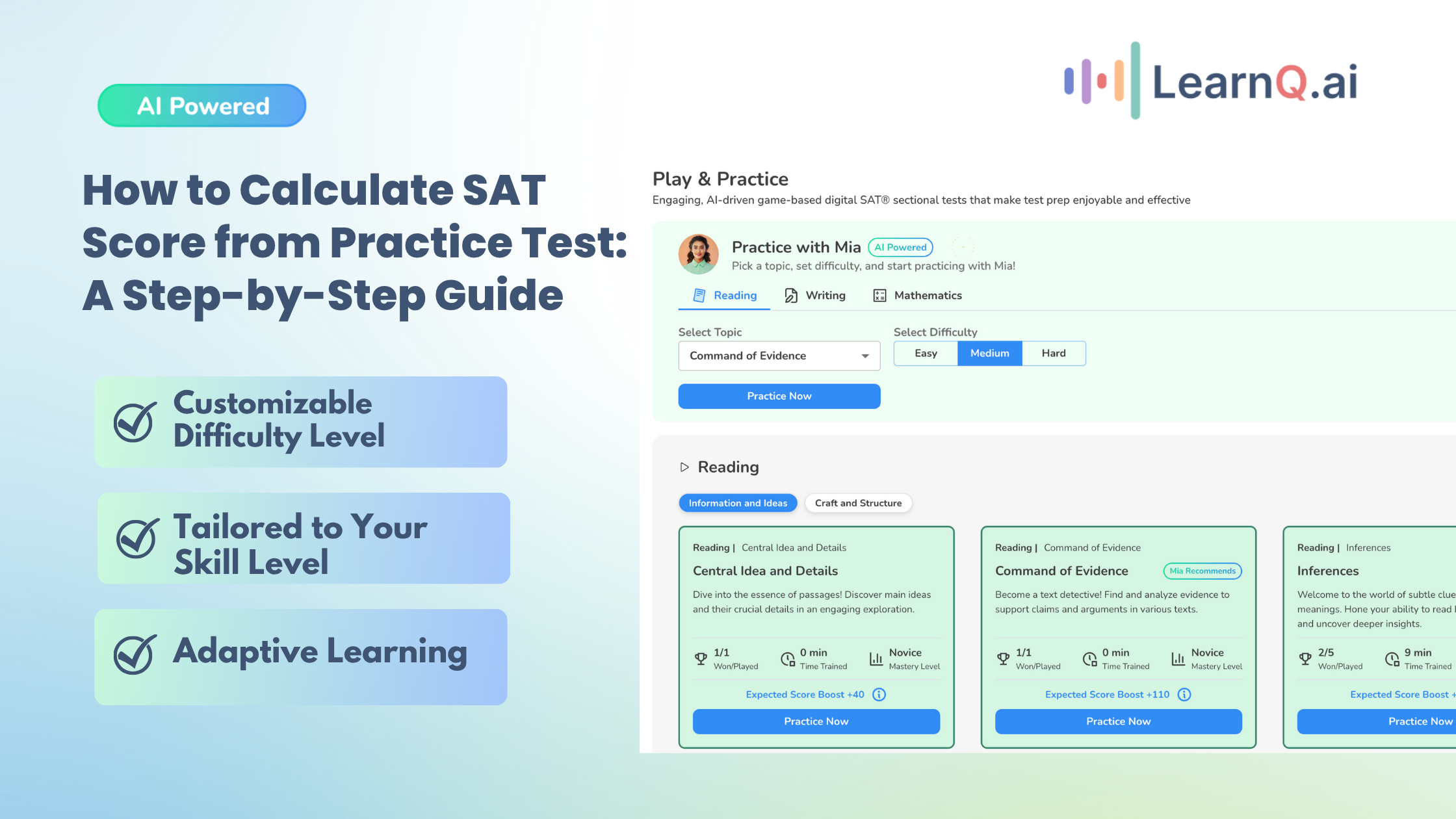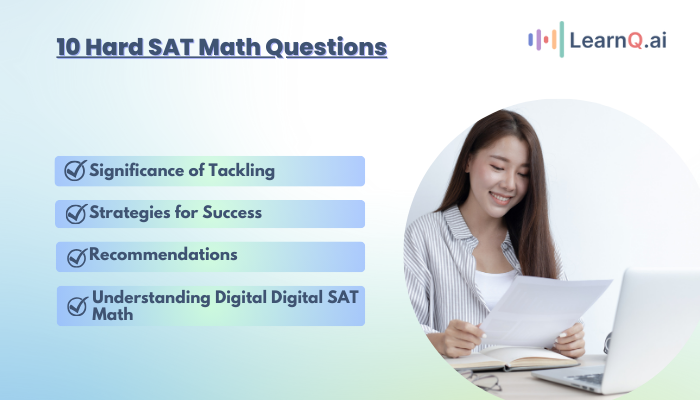Many students ask, “What score would I get on the SAT if I didn’t study at all?” Whether it’s out of curiosity, overconfidence, or a time crunch, understanding the average SAT score without studying can help you set expectations—and decide your next move.
In this guide, we’ll break down the typical results for test-takers who skip prep, the risks of going in unprepared, and how you can still boost your score with minimal effort.
What Is the Average SAT Score Without Studying?
On average, students who take the SAT without studying tend to score around 1000 to 1050, which is roughly the 50th percentile. This falls slightly below or at the national average, depending on the year.
But let’s be clear:
- You can’t get a zero (the minimum SAT score is 400).
- You likely won’t hit 1300+ without reviewing key math and reading strategies.
- Your raw skills alone may get you a decent score—but not an impressive one.
Fun fact: The SAT is designed around a bell curve, meaning most unprepared students land in the middle.
Why the SAT Is Harder Without Prep
The SAT isn’t just about what you know—it’s about how you apply that knowledge under pressure.
When you skip studying, you miss out on:
- Learning test-day strategies
- Getting familiar with time limits
- Practicing for adaptive digital modules
- Knowing the format of each section
Even strong students often underperform if they don’t know what to expect.
Risks of Taking the SAT Without Studying
1. Lower scores limit your college options.
Competitive schools like NYU, UCLA, or Georgia Tech often want scores above 1300. If you score around 1000, you’re unlikely to make the cut without other exceptional application components.
2. You could lose scholarship money.
Many scholarships are tied to SAT performance. Even a 100-point improvement can mean thousands in financial aid.
3. It can affect your confidence.
Walking into a high-stakes exam unprepared can trigger anxiety—and a low score can shake your self-belief.
Can You Still Score High Without Studying?
Yes—but only if:
- You’ve had strong academics in school
- You’re naturally good at standardized tests
- You’re familiar with the SAT’s format from past practice
Even then, most high scorers (1300+) do at least some level of prep, even if it’s just a couple of practice tests.
💬 One Reddit user shared: “I scored a 1120 without studying, but I definitely could’ve done better if I had reviewed algebra and grammar basics.”
Minimal-Prep Strategies That Actually Work
If you’re short on time or motivation, here’s how to boost your score with low effort:
- Take one full-length practice test (use Bluebook)
- Learn basic timing strategies for each section
- Focus on your strengths—especially in Math or Reading
- Use tools like LearnQ.ai for adaptive quizzes and feedback
- Avoid burnout with short, 15–30 min practice sessions
Realistic Score Range Without Studying
Student ProfileEstimated Score RangeStrong GPA, good test-taker1050–1200Average high school student950–1050Weak academics, test anxiety850–950
This is just a ballpark—actual results vary based on school quality, test exposure, and natural skill.
Final Thoughts
If you’re wondering about the average SAT score without studying, the truth is: it’s decent, but not competitive.
Even small prep steps—like taking one practice test or learning the test format—can push your score from “okay” to “impressive.” If college admissions or scholarships matter to you, it’s worth putting in a little effort.
Bottom line:
Don’t go in blind. Even 5–10 hours of smart practice can help you stand out.

